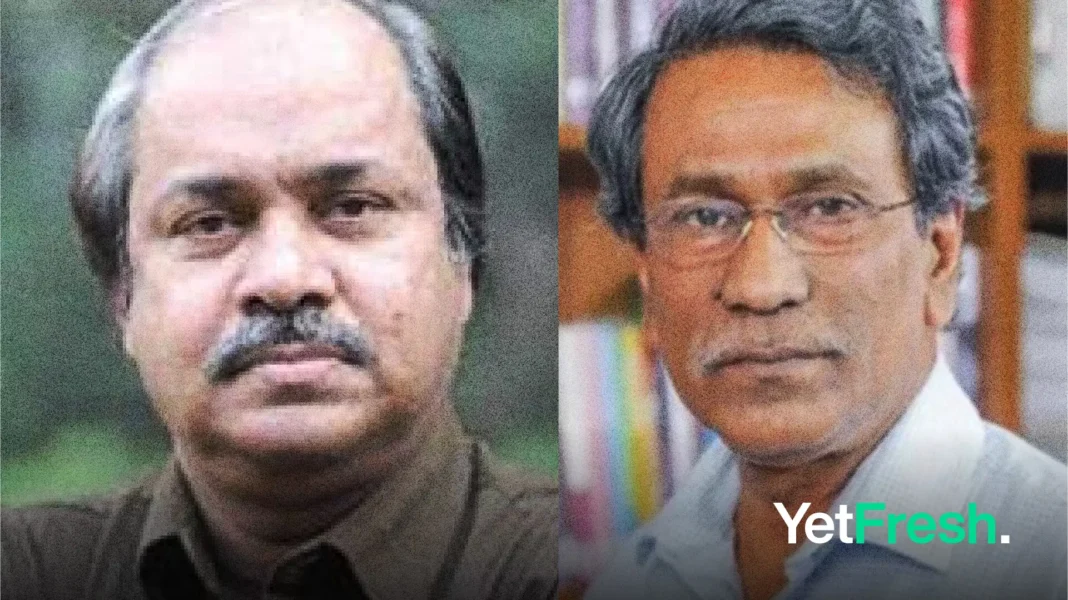Summary:
- Bangladesh’s interim government, led by Dr. Muhammad Yunus, is spearheading significant constitutional reforms to decentralize power, ensure judicial independence, and enhance democratic governance.
- Key proposals include lowering the minimum age for parliamentary candidates to 21 and creating 100 directly elected seats for women in parliament to promote inclusivity.
- The Constitutional Reform Commission has engaged with political parties, civil society, and citizens to ensure transparency and gather input for a modernized constitution.
- Challenges remain in overcoming political divisions and ensuring reforms serve public interests rather than political agendas.
Bangladesh is undergoing a transformative period as the interim government, led by Nobel laureate Dr. Muhammad Yunus, takes bold steps to reshape the nation’s constitutional framework. Following the ouster of former Prime Minister Sheikh Hasina in August 2024, the country has entered a critical phase of political transition, marked by efforts to address long-standing governance challenges and institutional deficiencies.
The Constitutional Reform Commission, established on October 7, 2024, has been tasked with reviewing and proposing amendments to the 52-year-old constitution. This initiative comes in response to widespread demands for reform following the student-led mass uprising earlier this year, which toppled Hasina’s authoritarian regime. The commission’s work is seen as pivotal in steering Bangladesh toward a more democratic and inclusive future.
In a recent interview, a key member of the commission emphasized the importance of decentralizing power, safeguarding citizens’ rights, and ensuring judicial independence. “Our first priority is to give the constitution a democratic character,” he stated, highlighting proposals such as reducing the minimum age for parliamentary candidates from 25 to 21 to encourage youth participation in politics. Additionally, the commission is considering increasing women’s representation in parliament by introducing 100 directly elected seats for female lawmakers.
The reform agenda also includes structural changes aimed at balancing power among branches of government. Proposals under consideration include creating a bicameral legislature to enhance accountability and revising Article 70 of the constitution to allow Members of Parliament greater freedom in voting. These measures aim to dismantle the centralized power structures that have historically undermined democratic governance in Bangladesh.
Public engagement is central to this reform process. A nationwide survey conducted from December 5 to December 10 sought citizen input on constitutional changes. This participatory approach reflects lessons learned from other countries where inclusive processes have led to more enduring and legitimate constitutions. Experts stress that broad consensus among stakeholders is essential for success.
However, challenges remain. Critics argue that deeply entrenched political divisions and institutional inertia could hinder meaningful reform. The legacy of Hasina’s regime—marked by centralized control and exclusionary practices—continues to cast a long shadow over the process. Moreover, questions about the interim government’s legitimacy and its ability to implement sweeping changes add complexity to an already fraught transition.
International observers have underscored the significance of this moment for Bangladesh. Legal experts warn against rushing reforms, noting that hasty changes could exacerbate divisions rather than resolve them. “The process matters more than the document itself,” remarked one constitutional scholar, emphasizing the need for transparency and inclusivity.
As Bangladesh navigates this pivotal juncture, the stakes are high. The success of these reforms could set a precedent for democratic renewal in South Asia’s third most populous nation. Conversely, failure could deepen political instability and undermine public trust in governance.
The coming months will be decisive as the Constitutional Reform Commission finalizes its recommendations and engages with political parties and civil society to build consensus. For now, Bangladesh stands at a crossroads, with an opportunity to redefine its future through collective effort and visionary leadership.
Source: Kalerkanrho




